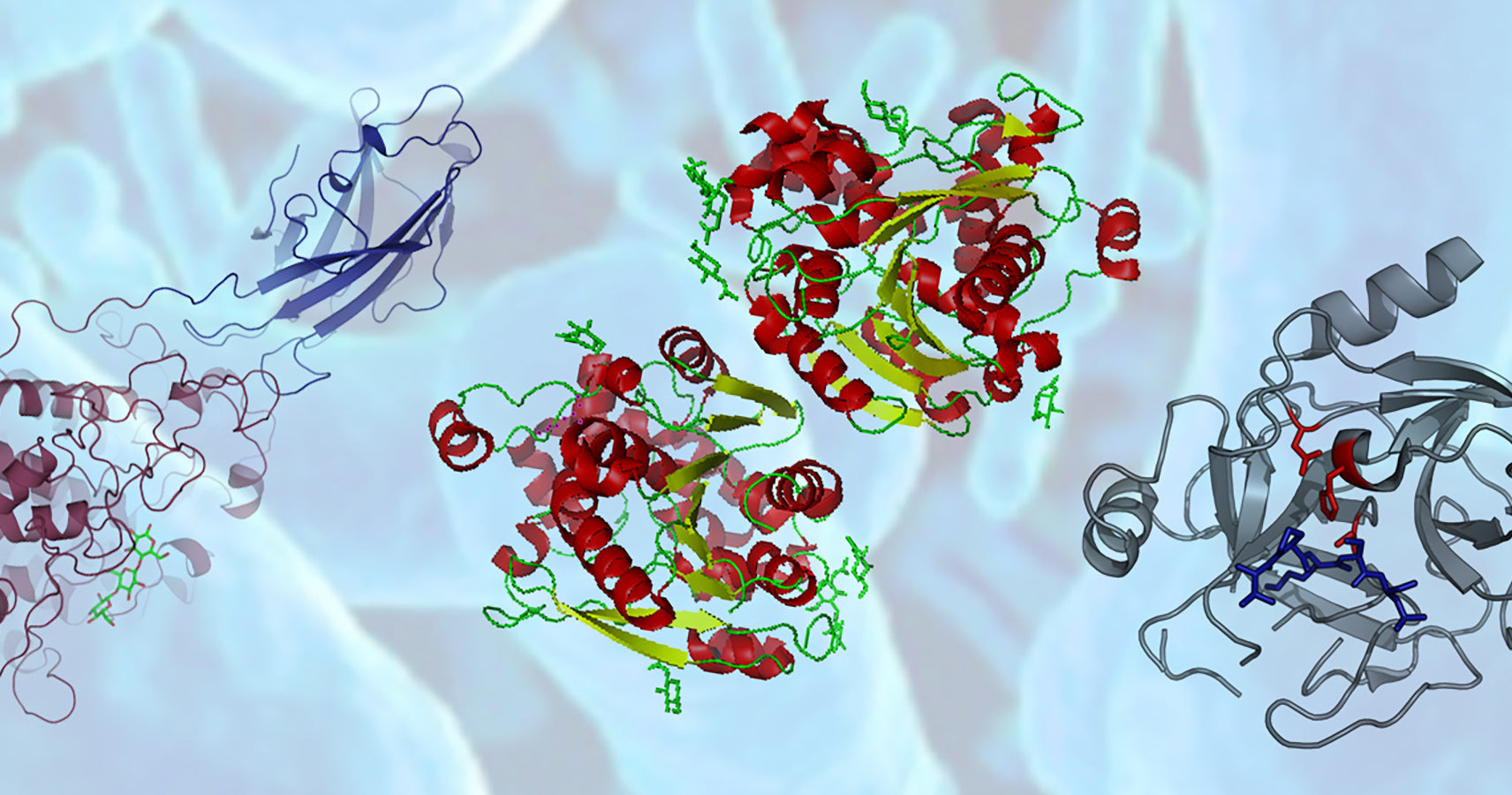
Septic System Enzymes
According to the Environmental Protection Agency (EPA), more than 20% of American households rely on a septic system rather than public sewer systems. That's over 60 million people, and about one-third of all new developments are designed with a septic system, making them an important part of the American ecosystem.
Septic systems depend on bacteria to produce enzymes to break down waste. Enzymes are proteins that act as biological catalysts to accelerate chemical reactions. In a septic system, the chemical reactions that should be accelerated all involve decomposition of organic materials. Bacteria produce thousands of different enzymes for different purposes, but four main enzymes are responsible for most septic system breakdown.
Cellulase accelerates the break down of the cellulose molecule found in all paper products like toilet paper and tissues. Lipase catalyzes the hydrolysis of lipids, which essentially melts fats, oils, and grease. Protease is a protein that increases the breaking down of other proteins found in almost all foods, especially meat and vegetables. Amylase speeds up the conversion of starches into simple sugars, focusing specifically on foods like rice, pasta, potatoes, breads, and cereals.
While you don't need to know all of this information simply because you use a septic system, it is important to note that EARTHWORM's® NEW SEPTIC WASTE ELIMINATOR not only contains all four of these important enzymes, it also includes an extra dose of cellulase and lipase enzymes to begin working immediately and break down materials faster. In addition, EARTHWORM® SEPTIC WASTE ELIMINATOR provides thousands more living bacterial cultures to strengthen your septic system and keep it cleaner for a longer period of time.
